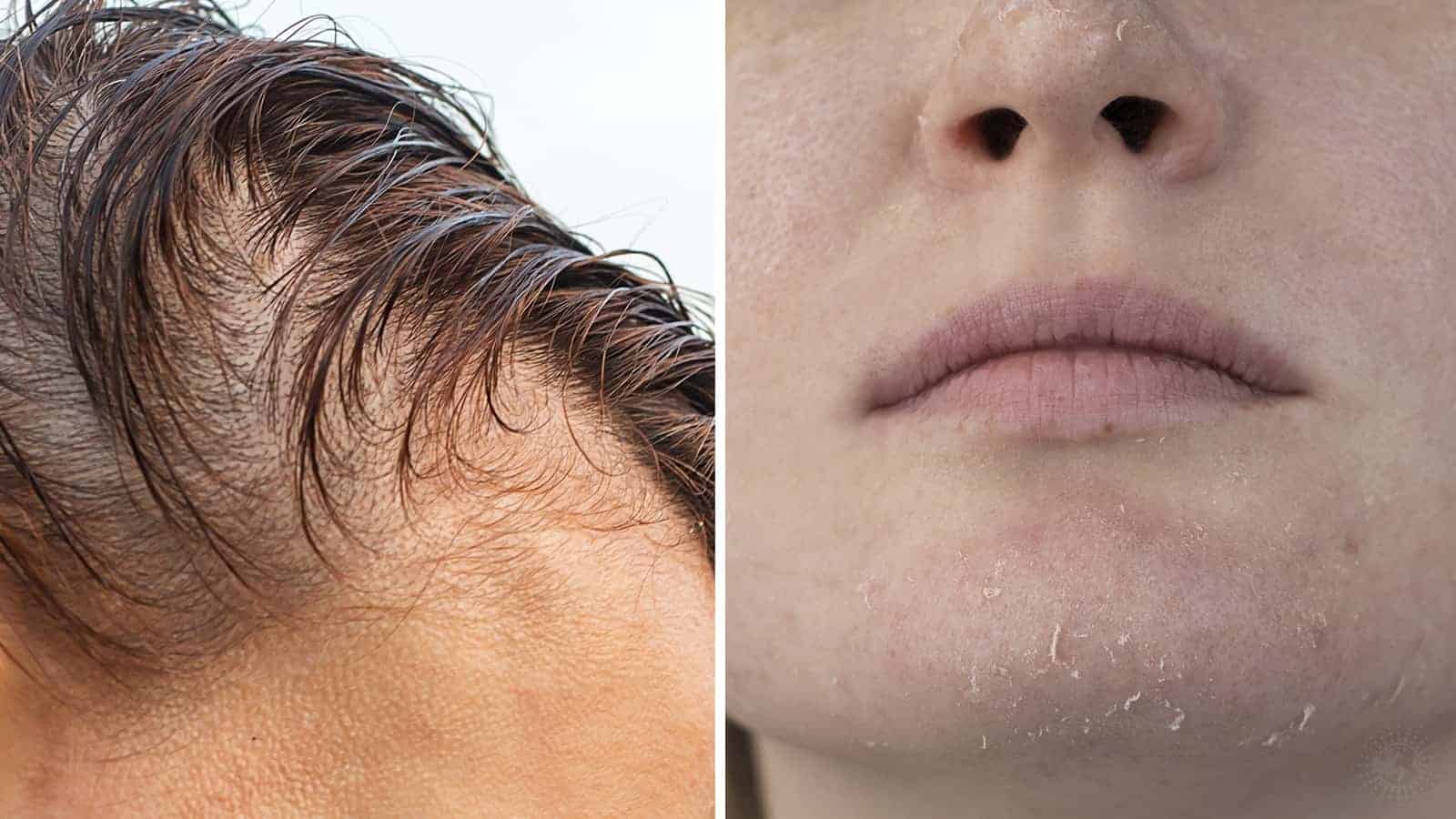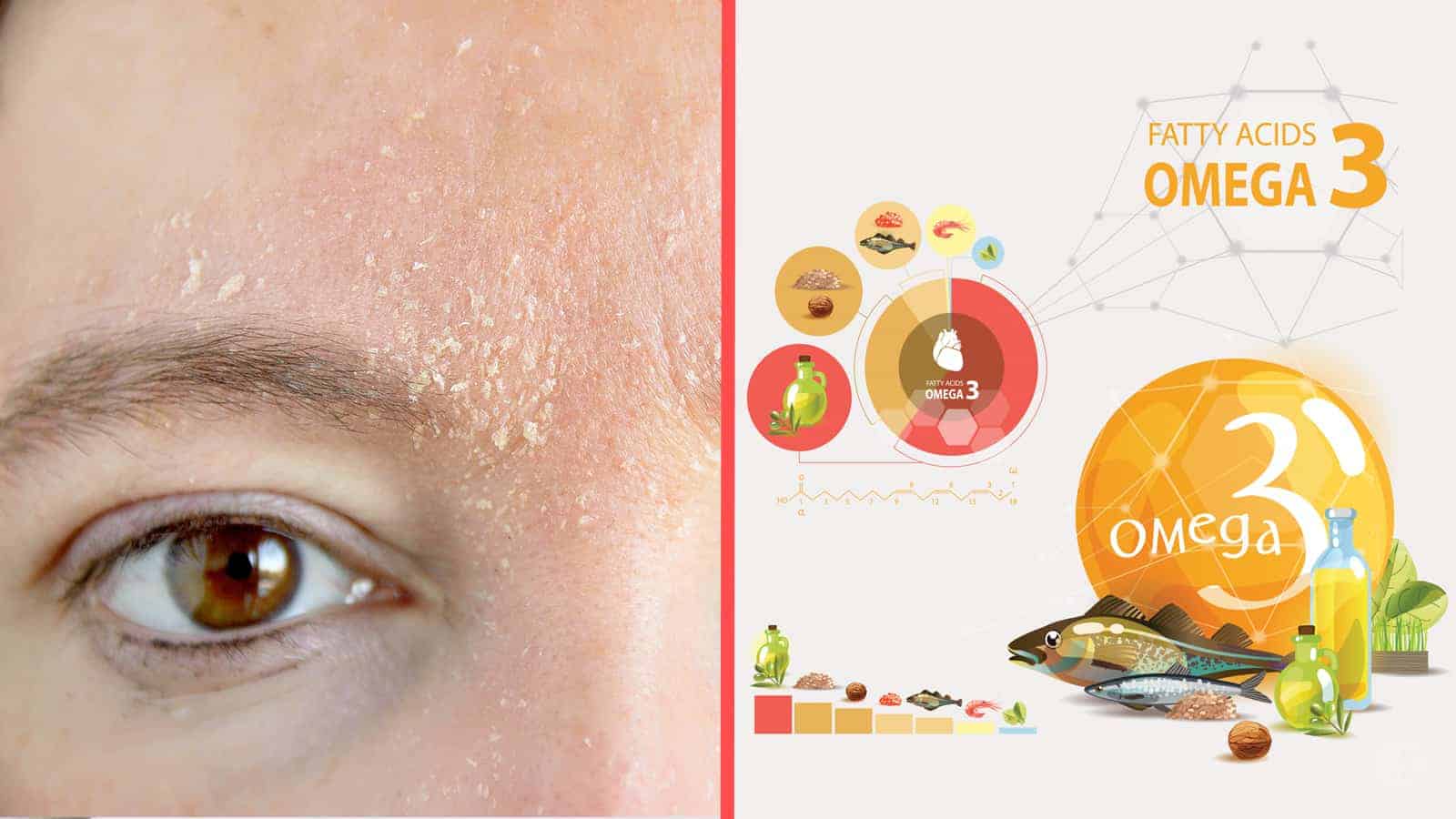You realize you have a fragile hormonal balance if you’re a woman. When you consume an unhealthy diet, don’t get enough exercise, and have chronic stress, your hormones go haywire. Unfortunately, even if you practice a healthy lifestyle, hormonal imbalances can still be an issue.
To keep things in check, learning about your main hormones and the symptoms of an imbalance is essential. Not only do you need to know these symptoms, but it’s also helpful to learn about vitamins essential for good health.
What Are the Symptoms of a Hormonal Imbalance?
No study can place the blame of certain health conditions on hormone imbalance. However, some of the symptoms that you see may still be related. These are some red flags if things in your body are out of balance:
 •Fatigue:
•Fatigue:
Maybe you notice that you tire more easily, regardless of how much sleep you get.
•PMS:
According to an article published by Menopause International, no conclusive evidence has been found to say that hormone imbalances cause PMS. However, studies suggest that progesterone production may be related to the syndrome.
•Weight Gain:
Some imbalanced hormones may cause you to crave carb-rich foods or sweets.
•Hair loss:
While it’s common for your hair to have a minor breakage due to harsh products and styling, noticeable hair loss can be a hormonal issue.
•Water retention:
Do you notice that your jeans are snugger, and your rings dig into your fingers during your period? If your hormones are out of whack, you could be retaining water.
•Facial hair:
It’s not unusual for some women to have light hair under their noses or on their chin that needs occasional bleaching, waxing, or plucking. When it’s coarser and more noticeable, it could signal an overproduction of male hormones. According to the National Library of Medicine, this is also called hirsutism. It often occurs when there is an imbalance of androgen and testosterone in the female system.
•Osteoporosis:
An article published by Clinical Orthopedics and Research says that experts don’t know the exact causes of this crippling bone condition. However, the article does mention that at least five hormones are responsible for bone health, so it’s possible that an imbalance could be a reason.
•Urinary Tract Infections:
Also known as UTIs, these vexing issues can cause pain and other urinary issues. While they are often bacterial, chronic UTIs may point to a hormone problem.
•Low Sex Drive:
Going from your teen years into adulthood, women usually know their sex drive level. It can strengthen or diminish according to your cycles and overall health. If your libido is lower than usual and it stays that way, your hormones may be to blame.
•Skin Issues:
Your skin is naturally either dry, oily, or a combination. Maybe you also have sensitive skin. Did you know that a hormone imbalance can make skin conditions worse? It’s worth discussing with your healthcare provider.
•Mental Health Issues:
According to an article published by the International Conferences on Addiction and Associated Disorders, hormone imbalances may affect mental health. If you’ve been diagnosed with anxiety or depression, your healthcare provider may run tests to check your hormone levels.
If you listen to your body and maintain proper hormone balance, your overall health can be better. Your weight, menstrual cycle, and energy levels may improve. Plus, other health conditions may go away or lessen in severity.
The Big Four Hormones for Women’s Health
An article published by the Hormone Health Network says that your endocrine system is a collection of glands throughout the body that produces specific hormones. Each hormone is responsible for a vital role in your health. Here are four major hormones that are important for you to identify.
1. Insulin
Your body’s glucose levels are controlled by this hormone that’s produced by your pancreas. When your insulin is out of balance, your glucose levels are also imbalanced, causing sugar spikes and drops. It can turn into diabetes and cause weight gain and other serious health problems.
2. Cortisol
When your body is stressed, and you go into survival mode, your adrenal glands pump adrenaline and cortisol into your system. It gives your body a burst of energy for self-defense. Too much cortisol can affect your mood, energy level, and weight if you’re chronically stressed.
3. TSH
Your thyroid is a butterfly-shaped gland located behind your trachea in your neck. This essential gland makes hormones that regulate your metabolism and is often called the body’s thermostat. The master endocrine gland controls the thyroid gland by the brain called your pituitary gland.
This tiny gland produces thyroid-stimulating hormones that keep your thyroid working properly. If your TSH is off, your thyroid hormones will be imbalanced, and your metabolism will be adversely affected. You’ll notice chronic exhaustion and a lack of energy.
4. Estrogen
Your female characteristics are all products of estrogen, the main female sex hormone. It makes you female and is linked to your metabolism, brain function, bone health, mood, and weight.
According to an article published by the North American Menopause Society, estrogen production is at peak levels in your 20s.
As you get into your 30s and beyond, you’ll usually experience a decline in estrogen. During this time of perimenopause, you may battle irregular cycles, night sweats, anxiety, and moodiness.
Your primary healthcare provider can order simple blood tests that can measure glandular functions and hormone levels. These tests can also reveal what adjustments should be made. Then, you’ll get recommendations for how to remedy the situation.
Essential Vitamins and Nutrients to Help You Avoid a Hormonal Imbalance
Maintaining a healthy lifestyle is your first line of defense against hormonal imbalance. Consuming processed junk food loaded with sugar, sodium, and preservatives will negatively impact your hormones. However, if you strive to eat nutritious whole foods and have an exercise routine, your endocrine system will benefit.
In addition to a nutritious diet, you need specific vitamins and minerals for optimal health. Here are some vitamins to consider to keep your hormones well-aligned:
1. Omega-3
Yes, you should avoid foods with saturated fats as much as possible. However, your body needs healthy fats like Omega-3 for your cells to function properly. Cells in your endocrine glands need it to produce hormones efficiently.
If you don’t get enough Omega-3 fatty acids, your hormone production can decrease and cause an imbalance. According to an article published by the Office of Dietary Supplements, women need at least 1.1 grams of omega-3 daily. You can get these vitamins naturally by eating walnuts, fatty fish, flaxseed, or chia seeds.
2. Vitamin D
One of the ways many people get their Vitamin D dosage is by consuming dairy products. Did you know your body needs this essential nutrient to produce estrogen and progesterone? It can also help balance your hormones and blood glucose levels.
If you want strong, healthy bones and teeth, you also need your daily dose of vitamin D. Since your body can’t produce this nutrient, you get it by consuming dairy, dark leafy veggies, and basking in the sun’s rays. An article published by the Mayo Clinic recommends that you get at least 600-800 IU of it every day.
3. Zinc
Zinc is an essential mineral; you need a specific amount to maintain fertility and regulate your menstrual cycles. It also benefits your thyroid hormones and helps them stay balanced.
If you’re on birth control or have specific digestive issues, your zinc levels may be too low. When your hormones are out of sync, you may experience painful periods, and zinc can help reduce those. Since daily allowances may vary, test your levels and talk to your healthcare provider about the dosage best for you.
4. Vitamin B12
This star of the B vitamins garners a lot of attention because of its link with metabolism and energy. Your body needs this essential nutrient for healthy thyroid and nerve functions. Not only does Vitamin B12 help balance your energy, but it helps boost brain functions like memory and learning new concepts.
If you’re a vegetarian or vegan, your risk of being deficient in Vitamin B12 can be higher than for those who eat meat. You can only get B12 naturally from meat, fish, seafood, and dairy products. However, you can also consume B12-fortified veggie and meat-substitute products.
When your B12 levels are too low, you will always feel weak and tired. An article published by the Mayo Clinic explains that the recommended B12 intake for adults is 2.4 micrograms. If your hormones are unbalanced and your B12 levels are low, your healthcare provider or a registered dietician may recommend supplements.
 Final Thoughts on the Nutrients That Help Prevent a Hormonal Imbalance
Final Thoughts on the Nutrients That Help Prevent a Hormonal Imbalance
When your hormones are out of whack, it may feel like your whole body is haywire. Each system in your body depends on a steady supply of nutrients to help prevent a hormonal imbalance. Fortunately, these essential vitamins and others can help bring your levels where they need to be so you can feel better and have better health.



















